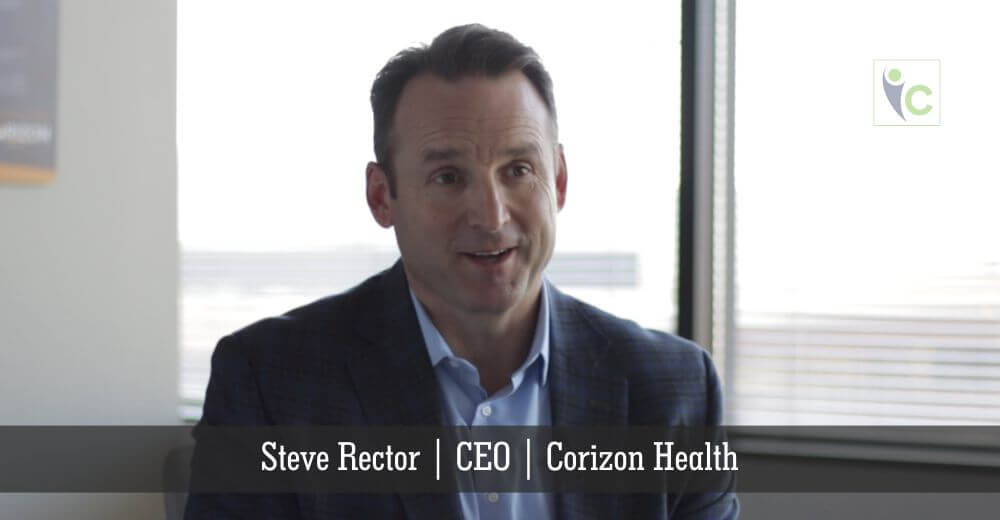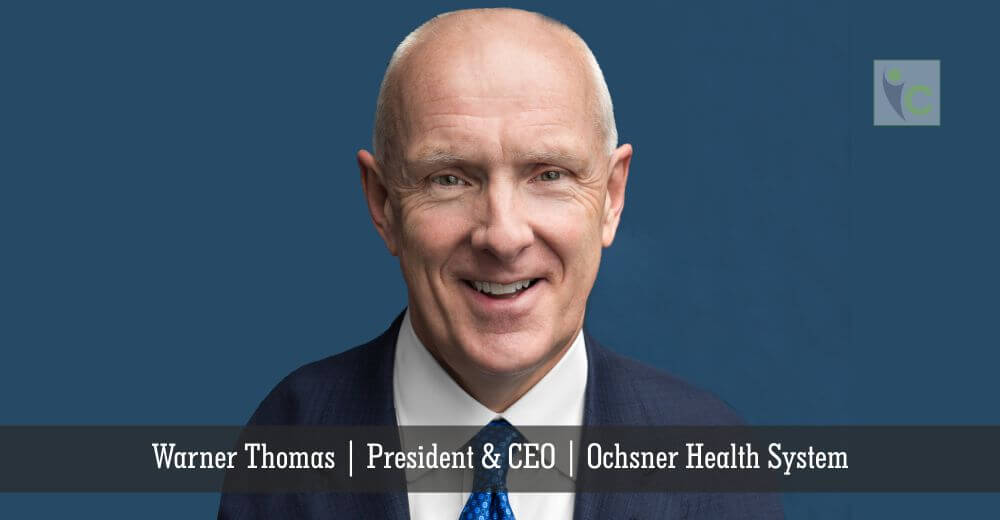In 1976, the case Estelle v. Gamble established in the US, a constitutional right to adequate medical care for those who are incarcerated. In its ruling, the Supreme Court affirmed that prisons and jails failing to provide a community standard of care to its inmates violates the Eighth Amendment banning cruel and unusual punishment. Almost half a century later, numerous state and local correctional agencies continue to struggle with this mandate, particularly in light of a growing population of inmates with mental illness, substance abuse and multiple chronic conditions, and an exponentially increasing percentage of women behind bars.
The two companies that later would merge to become Corizon Health, were founded 40 years ago to offer professional healthcare expertise to local and state governments struggling with this mandate. The founding companies believed they could offer correctional agencies an outsourced solution modeled on the same type of care management the larger US healthcare system utilizes.
A 2011 merger brought these two companies together as Corizon Health. Its name, coined by its employees, is the amalgamation of Corrections and Horizon. It signals the company’s commitment to anticipating the needs of its corrections clients and staying at the forefront of best practices in correctional healthcare. The company provides services that meet national and state standards through millions of patient encounters every year, relieving correctional agencies of the risks and bureaucracy associated with running a healthcare program.
Its Distinctive Services
Today, Corizon Health provides comprehensive healthcare services to incarcerated patients through contracts with the state and local governmental agencies throughout the US, offering Physical, Behavioral, Pharmacy, Dental, Staffing, Utilization Management and Reentry services. The company strives to provide as many services as possible inside of the correctional facility to minimize the risks and costs of transporting patients outside of the facility to community healthcare providers.
Though rarely seen by the public, correctional healthcare facilities can be quite sophisticated consisting of a range of services including skilled nursing beds, infirmary beds, dialysis clinics, and dental suites. Healthcare staff typically enjoy a much higher level of security than that found in a community setting due to the secure nature of a correctional facility where entrance to the clinics are controlled, patient movement is monitored and correctional officers are always at hand.
The Solicitous Leader
Steve Rector is the CEO of Corizon Health. He was brought on board after a 2017 corporate reorganization resulted in new investors and a new board of directors, including – for the very first time – three independent board members and a significant decrease in corporate debt. His proficient know-how in hospital and acute care clinic systems has been a catalyst for modernizing the company’s approach to healthcare. Since then, the company has been singularly focused on improving the correctional healthcare model through investments in training, recruiting and retention and technology.
Steve strongly believes and preaches, “Always do the right thing for the patient and the business will take care of itself.”
The test of good care, he tells Corizon Health staff is to “Look for a familiar face in the patient and imagine that person is your loved one, such as your child, spouse, or parent, and if you feel the care you are providing is what you would want for your family, then you’re doing a great job and you are doing the right thing for your patient.” This, Steve tells his team, is how a caregiver knows he or she is doing right for the patient.
Re-defining Excellence
Improvements driven by the company’s new leadership and Corizon unique approach to care are captured in its COR Care Model, which comprises COR Processes, COR Team, and COR Tech. COR Processes encompasses the company’s investment in best practices and training to ensure high quality, standardized care across all of its facilities. It has implemented recruiting and retention standards to build its COR Team of healthcare professionals with a commitment to caring for the underserved incarcerated population, and is reorganizing its retention programs to give all employees a stake in patient outcomes and customer service.
COR Team also reflects the importance of the clinical team working together on an integrated care approach. This approach, which considers the whole patient, is particularly appropriate for the correctional population, which suffers from much higher rates of co-morbid chronic conditions as well as behavioral issues than the public at large.
Through COR Tech, the company is harnessing the benefits of leading edge medical technologies to help reduce risk and increase the time its providers spend with patients. Technology investments also play a role in the connectivity the company is building with community providers to better transition patients out of the correctional setting when their sentences are complete, which Corizon believes is key to reducing the nation’s high recidivism rates. Finally, technological investments better allow the company to capture and report outcomes, increasing accountability to the correctional agencies – and ultimately the taxpayers – that fund inmate healthcare programs.
Supportive Environment
The COR Care model comes together to build a supportive environment at the facility level. Through COR Processes, not only has the clinical team received the training they need, they are supported through documentation and technology. This ranges from “low-tech” solutions as simple as laminated “SMART Cards” that provide the nurses a checklist to help ensure that no step or diagnostic indicator is missed, to industry-leading Nursing Encounter Tools (NETS). Corizon Health’s industry-leading NETs are electronic training and guidance tools developed for all aspects of delivering care to a correctional population.
“You’ve got to have the people, you’ve got to have the processes, and you’ve got to have the technology and the tools to support those two, to give our team the confidence they need to care for our patients in the most dire situations,” asserts the CEO.
Proud Souvenirs in its Journey
In addition to several corporate milestones, Corizon was recently awarded a five-year contract by the State of Maryland to provide inmate health services in the prison system. It was a huge win for the company and a strong indication that Corizon Health is on the right track in delivering services superior to others in correctional healthcare. Corizon’s healthcare facilities have also been recognized numerous times as the “Facility of the Year” by the National Commission on Correctional Health Care.
What will the Future Bring?
Talking about the future plans and further growth of the company, Steve says, “Our growth will come from demonstrating that we have developed a superior and accountable system of correctional healthcare. In the short term, our focus is on implementing COR Care and demonstrating positive outcomes to our current clients. Corrections is a small world, so we believe that if we can do this in the short term, then the long-term prospects of winning these contracts are very good.”








